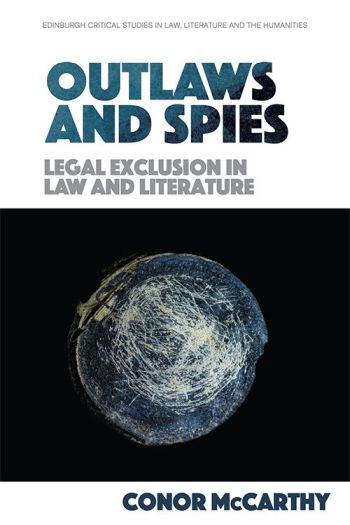We are now closed for the Christmas and New Year period, returning on Monday 5th January 2026. Orders placed during this time will be processed upon our return on 5th January.

Examines the role of literature in representing and critiquing the exclusion from law as an enduring tactic of state power Reads outlaw literature and espionage literature together Shows how these genres represent and critique the longstanding use of legal exclusion as a means of supporting state power Discusses texts ranging from the medieval Robin Hood ballads, Shakespeare’s history plays and versions of the Ned Kelly story to contemporary writing by John le Carré, Don DeLillo, Ciaran Carson and William Gibson Outlaws are often viewed as historical figures of popular resistance, but there is another side to legal exclusion. In offering readings from two bodies of literature not normally read together – the literature of outlawry and the literature of espionage – this book shows that a substantial body of writing within these genres serves an important purpose in representing and critiquing the longstanding use of legal exclusion as a means of supporting state power.